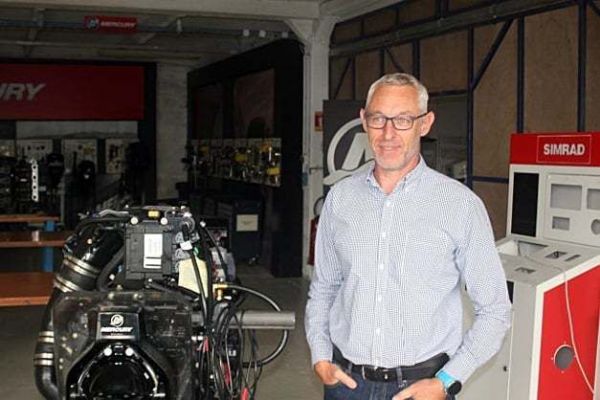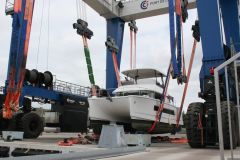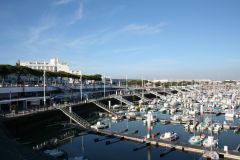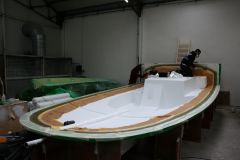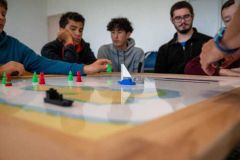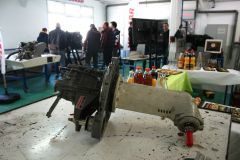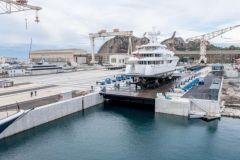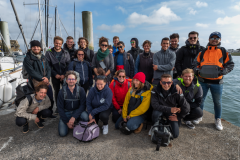Laurent Winisky has been at the head of INB since 2009. The director of the training center specialized in boating, located in Concarneau and Villefranche-sur-Mer, answers BoatIndustry's questions on the situation of training for the yachting industry and his vision of future developments.
What major changes have occurred in the training of nautical professionals in recent years?
The INB was born with the nautical industry, in 1965, when people started to do leisure activities on the water and no longer see the sea as a place of work. The INB has therefore followed these developments. At the beginning, we only trained sailing instructors, then we trained in nautical industries and now in more technical aspects. What we feel above all is the professionalization of the actors over this whole period.
On our side, without getting into the administrative and technical side, we adapt to the various training reforms. This is our strength: knowing how to use the complex tools of training, but which are nonetheless effective. Few people pay for their training in France. Our role is to make training clear to professionals and to find financing possibilities. One example is the recent strong development of apprenticeships.
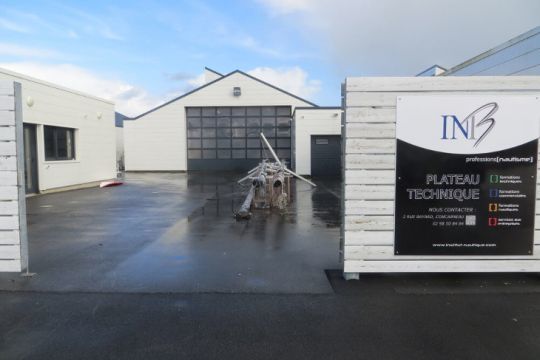
Is the profile of candidates for the nautical professions changing?
We are fortunate to cover a wide range of ages. In 2022, we have trainees from 15 to 56 years old. For young people, their coming is generally linked to a personal practice and the desire to associate it with a profession. In professional reconversion, there is almost always a personal practice, but also other levers. Before, the profile was almost always a sailing instructor who wanted to become a professional. Today, this has evolved, we also have motorboating, surfing, fishing... It is much more diversified, with different nautical practices. We have people who have not practiced much, but see in the sector an opportunity and attractiveness, in small and medium-sized companies, by the sea... But we need to train them in a hurry.
And after the training, do they stay in the nautical industry?
Since the profiles are diverse, there is a lot of adaptation of the programs. In the end, at INB, integration is very good, from 80 to 85%. Three years later, it is still good and after 5-7 years, it becomes varied depending on the training. An instructor may remain in the nautical industry, but in another activity. Globally, it is maintained well.
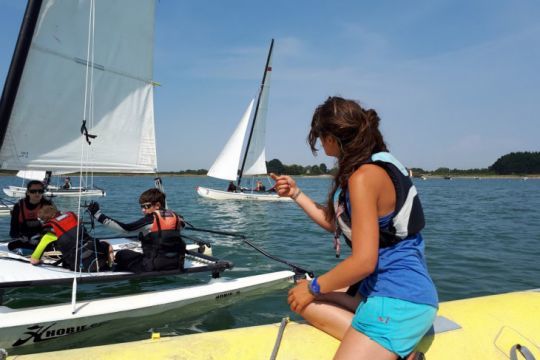
How do you see nautical training in 10 years?
We have a duty to follow technological developments and to constantly evolve the training repositories by anticipating them, because this takes time. This will continue to become more professional, through digital tools. The traceability of work, for example, is not always natural for a technician today. We need to train them in the tools.
There is also the environmental transition. Professionals will have to integrate more and more the reflection on their impact in their work.
We are gradually detecting new jobs and new skills that are emerging, such as project managers who accompany customers between the signing of the boat and its delivery, or opportunities for sales people in boat clubs. Who will sell, how and with what tools? We are following the evolution of distribution models in other sectors, in order to reflect on the boat and store model.
We are also looking at new propulsion systems. Is the mechanic of today the one who will work on hydrogen or electric vehicles?
So many themes to follow.
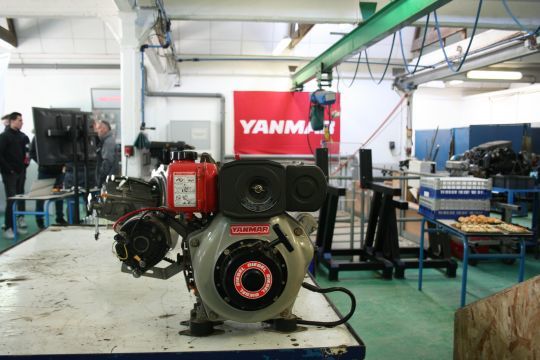
In any case, I believe in the importance of technical gesture and physical training. There will most likely be hybridization with distance learning, but there will still be premises at the INB.
In conclusion, how do you get young people interested in boating ?
The sector is probably a bit behind. We need to be able to maintain our attractiveness by presenting our professions, which are more complex than people imagine. They are rich in versatility. We need to show that the profession is rich and plural, we rarely do just one thing in the nautical industry. A boat is a house, with many more constraints...
